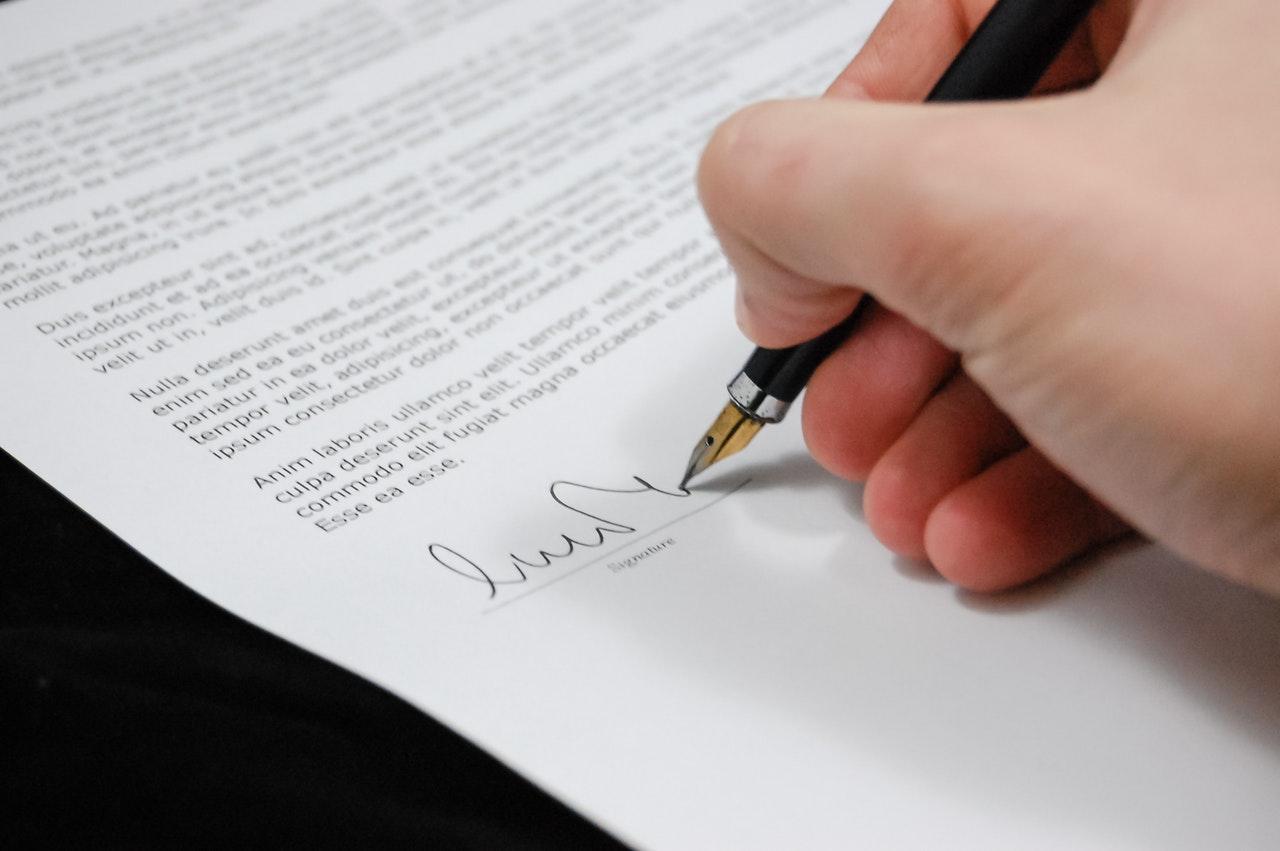 Granted trademarks and patents provide exclusive rights to their holders, which gives them the possibility of preventing third parties from carrying out unfair competition acts such as exploit such intangible assets without previous consent.
Granted trademarks and patents provide exclusive rights to their holders, which gives them the possibility of preventing third parties from carrying out unfair competition acts such as exploit such intangible assets without previous consent.
Licenses on Intellectual Property rights result from a contract in which the owner of those rights (licensor) authorizes the use and economic exploitation of a patent or trademark to a third party (licensee). Key aspects on the negotiation are the scope of the license, the duration and financial remuneration.
Trademarks
Common Regime on Industrial Property – Andean Decision 486 establishes the obligation to register the license contract before the trademark office; failure to register it shall cause the transfer to be unenforceable against third parties.
The license contract generates the possibility to the trademark holder who, for various reasons, cannot make an active use of their trademarks, to put them on the market through a third party (licensee) in exchange for an economic remuneration. Likewise, the licensee is benefited by starting a business with a prior registered trademark or even obtaining the benefits of a reputation already earned.
The licensing business provides an improvement in markets. In that sense, companies can trade products of trademarks that are already registered, obtaining profits, and avoiding the costs of positioning in the market. On the other hand, the owners of the brands obtain profit from the royalties obtained.
Patents
By a contract license, the owner of a patent authorizes a third party to manufacture, use or commercialize his patented invention in exchange for economic remuneration, in a certain territory and for a period, all previously agreed upon.
The Andean Decision 486 indicates that a license contract for the exploitation of patents will not be registered if it doesn´t comply with Common Provisions on the Treatment of Foreign Capital and free competition practices.
Regarding importation of technology, Andean Decision 291 indicates license contracts must be evaluated with respect to the effective contribution of the imported technology; clauses of this type of contract must comply with the following minimum requirements:
- Identification of the parties and express indication of their nationality and residence,
- Identification of the methods used to transfer the imported technology,
- Contract prices of each of the elements involved in the transfer of technology,
- Determination of the effective period of the contracts.
 Thalia Tapia Morales
Thalia Tapia Morales
Intellectual Property Legal Assistant
